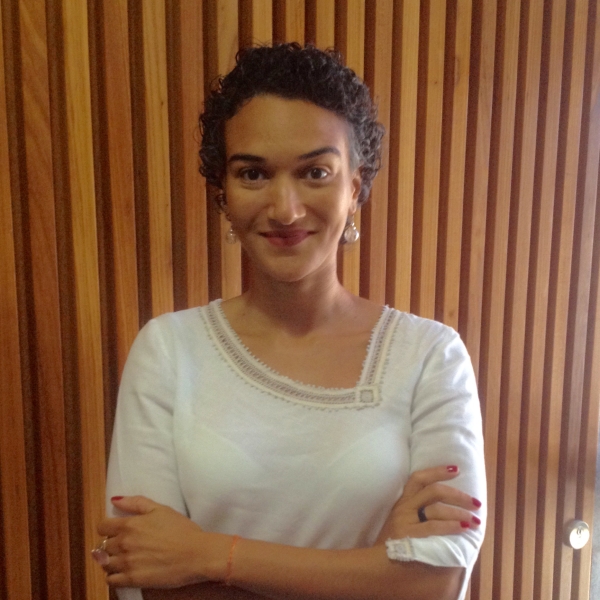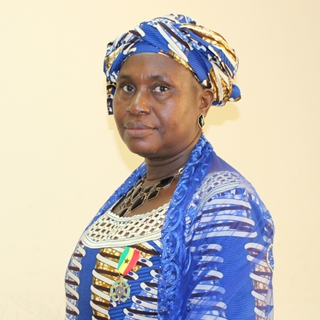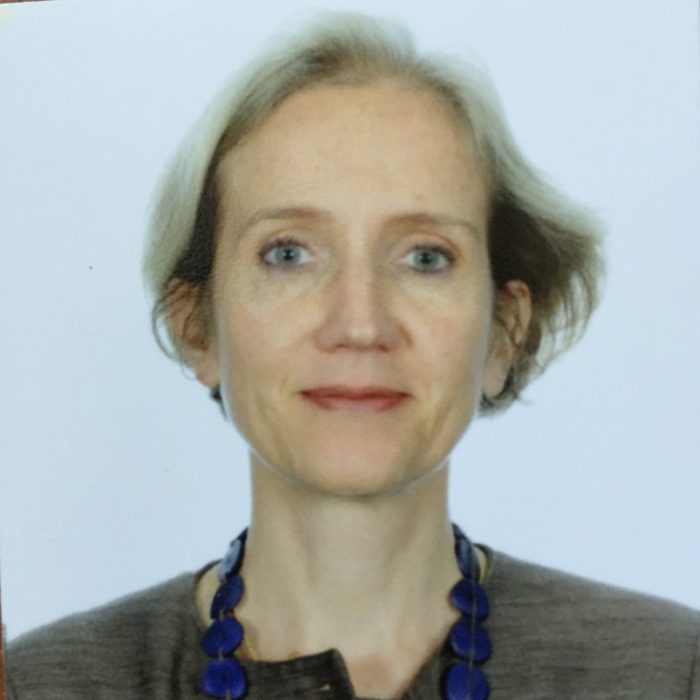The webinar “How to promote gender-responsive policies – The Examples of Brazil and Mali” was the first meeting promoted by the Brazil Learning Initiative for a World without Poverty (WWP) in its series “Country Dialogue on Social Protection”, in partnership with socialprotection.org platform. The virtual seminar took place on June 29, in French.
Read the summary and view the presentation in PDF (in French)
The webinar aimed to present the gender dimension in Brazil and Mali under two broad approaches. The first focused on the crosscutting feature of gender issues in the public policy agenda, revealing aspects of its implementation and intersectoral features in the set of public policies.
The second approach exposed policies that directly address the economic empowerment of women. One of the main difficulties of those policies is to focus the causes of discrimination that disadvantage women in accessing and advancing their positions in the labor market.
This webinar was an opportunity to share Mali’s and Brazil’s experiences with diverse cultures, institutions and public policies, and to deepen the reflection on ways to implement policies that are sensitive to gender issues. In addition to understanding this issue in a comparative, applied and detailed way, it was possible to address models of action that specifically target women’s progress and autonomy, with impacts on poverty levels systematically affecting women.
Every two months, the “Country Dialogue on Social Protection” webinar series addresses the implementation of social policies and programs around the world, on diverse topics.
The next virtual seminar is scheduled for August 24 on early childhood. Subscribe to our newsletter or to our online community on socialprotection.org to be informed in advance about events and publications.
Panelists
Speaker 1
 Ana Julieta Teodoro Cleaver
Ana Julieta Teodoro Cleaver
Specialist in Public Policy and Government Management of the Ministry of Planning, Development and Management of Brazil
Ana Julieta Teodoro Cleaver is an anthropologist and doctoral student in history at the École des Hautes Études en Sciences Sociales (EHESS) in Paris. In the academy, she studied gender relations and state action in different aspects. She joined the state body of Specialists in Public Policy and Government Management of the Brazilian Federal Executive in 2001. Since then, she has been assigned to the Ministry of Culture, the Ministry of Justice (Secretariat of Women’s Rights), the National Institute of Historical and Artistic Heritage, the State Secretariat for Women’s Policies and the Brazilian Competition Authority (CADE). In 2015, she was responsible for women’s policies in the Secretariat of Policies for Women, Racial Equality and Human Rights (SEMIDH) of the Federal District, in Brasilia.
Speaker 2
 Tounkara Sophie Soucko
Tounkara Sophie Soucko
Permanent Secretary of National Gender Policy of the Ministry for the Advancement of Women, Children and Family of Mali
Tounkara Sophie Soucko is Permanent Secretary for the implementation of the National Gender Policy of Mali. Former National Deputy Director of Women Empowement, Sophie Soucko holds a bachelor degree on Physics and Chemistry at the École Normale Supérieure (ENSUP) of Bamako. She was a high school teacher for 17 years before joining the Ministry for the Advancement of Women, Children and Family.
Moderateur
 Bénédicte de la Brière
Bénédicte de la Brière
Lead Economist of the Gender Cross-Cutting Solutions Area at the World Bank Group
At the World Bank, Bénédicte de la Brière manages a program that analyzes women paid and unpaid work, its extent and its contribution to the economies of countries. Prior to this position, she worked in the social protection sector in Africa, Latin America and the Caribbean, mainly on cash transfers and early childhood development, at the World Bank as well as with FAO and DFID. She holds a Ph.D. in agricultural economics from the University of California at Berkeley and is a former student of the École Normale Supérieure de Paris in Biology. She did a post-doc at IFPRI on the differential effects of rural development programs within households.
Watch the webinar recording (in French)